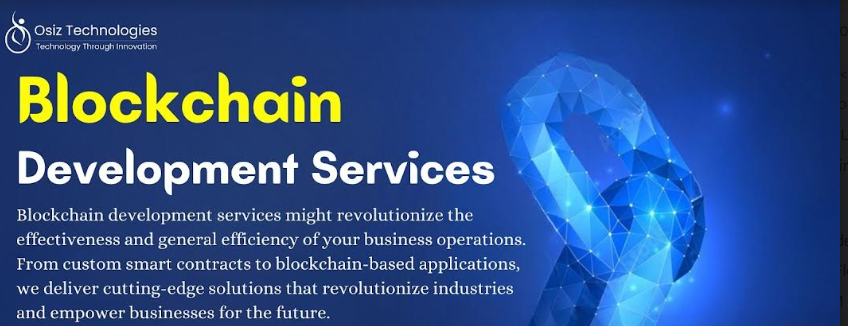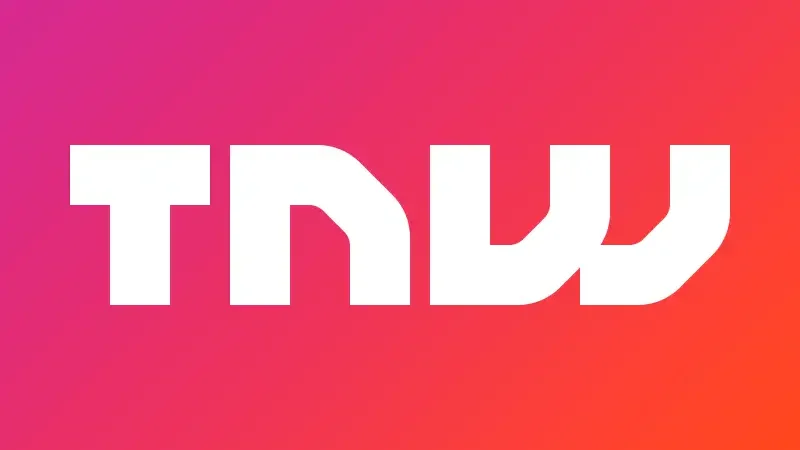Blockchain Development Services Today and Tomorrow: A Quick Guide

In the dynamic landscape of technology, where innovation reigns supreme, Blockchain Development Services have emerged as a transformative force, reshaping industries and challenging traditional business models. As we navigate the digital era, the significance of blockchain technology cannot be overstated. This guest post delves into the world of Blockchain Development Services, exploring their evolution, applications, and the profound impact they have on businesses across diverse sectors.
Understanding Blockchain Development
-
The Genesis of Blockchain:
To comprehend the essence of Blockchain Development Services, one must trace the roots of blockchain technology. Born as the underlying technology for Bitcoin, blockchain has evolved beyond its cryptocurrency origins. It is essentially a decentralized and distributed ledger that records transactions across a network of computers in a secure and transparent manner.
- Key Components of Blockchain Development:
- Decentralization: The elimination of a central authority enhances security and transparency.
- Consensus Mechanisms: Protocols like Proof of Work (PoW) and Proof of Stake (PoS) validate transactions and maintain the integrity of the blockchain.
- Smart Contracts: Self-executing contracts automate and enforce predefined terms when specific conditions are met.
Applications of Blockchain Development Services
- Financial Sector Transformation:
- Cryptocurrencies: The advent of blockchain paved the way for digital currencies like Bitcoin and Ethereum, revolutionizing financial transactions.
- Cross-Border Payments: Blockchain enables faster and more cost-effective cross-border transactions, eliminating intermediaries and reducing settlement times.
- Supply Chain Optimization:
- Transparency and Traceability: Blockchain ensures transparency in the supply chain by recording every transaction, providing consumers with real-time information about the origin and journey of products.
- Counterfeit Prevention: By securing the supply chain, blockchain helps in curbing the proliferation of counterfeit goods, safeguarding both consumers and businesses.
- Healthcare Revolution:
- Data Security: Blockchain secures patient data by encrypting information, reducing the risk of unauthorized access, and ensuring the integrity of medical records.
- Drug Traceability: Pharmaceutical companies leverage blockchain to trace the production and distribution of drugs, ensuring authenticity and compliance.
- Decentralized Identity Management:
- Enhanced Security: Blockchain offers a secure and tamper-proof system for identity verification, reducing the risk of identity theft.
- User Control: Individuals have greater control over their personal information, deciding what data to share and with whom.
Advantages of Blockchain Development Services
- Enhanced Security:
- Immutability: Once a block is added to the blockchain, it cannot be altered, ensuring the integrity of the data.
- Encryption: Advanced cryptographic techniques secure transactions and user identities, mitigating the risk of cyber threats.
- Transparency and Accountability:
- Public Ledger: The decentralized nature of blockchain ensures that all participants have access to the same information, fostering transparency. 2. Auditable Transactions: Every transaction is recorded and timestamped, enabling easy auditability and accountability.
- Efficiency and Cost Savings:
- Streamlined Processes: Blockchain eliminates the need for intermediaries, reducing the time and complexity of transactions.
- Cost-Effective: By minimizing the need for third-party verification, blockchain transactions are more cost-effective than traditional methods.
Challenges and Considerations
- Scalability Concerns:
- Transaction Speed: As the number of transactions increases, blockchain networks may face challenges in maintaining high transaction speeds. 2. Energy Consumption: Proof of Work consensus mechanisms, as seen in Bitcoin, can be energy-intensive, raising environmental concerns.
- Regulatory Landscape:
- Legal Ambiguity: The regulatory framework for blockchain is still evolving, posing challenges for businesses navigating this dynamic environment.
- Compliance: Adhering to existing regulations while embracing blockchain technology requires careful consideration and legal counsel.
- Education and Adoption:
- Awareness Gap: Many businesses and individuals are not fully aware of the potential of blockchain, hindering its widespread adoption. 2. Skill Development: The shortage of skilled professionals in blockchain development poses a challenge for businesses aiming to implement blockchain solutions.
Future Outlook
- Evolving Blockchain Technology:
- Interoperability: Efforts are underway to enhance interoperability between different blockchain networks, fostering seamless communication and collaboration.
- Integration with Emerging Technologies: Blockchain is converging with other emerging technologies like Artificial Intelligence (AI) and the Internet of Things (IoT), unlocking new possibilities.
- Industry-Specific Solutions:
- Customized Applications: Blockchain development services are becoming more industry-specific, addressing the unique needs and challenges of different sectors.
- Consortium Blockchains: Collaborative efforts among industry players are leading to the development of consortium blockchains, fostering shared infrastructure and standards.
Choosing the Right Blockchain Development Service Provider A. Expertise and Experience:
- Track Record: Assess the provider’s portfolio and past projects to gauge their experience in delivering successful blockchain solutions. 2. Industry Knowledge: A deep understanding of the specific industry requirements is crucial for developing effective blockchain applications.
- Technological Capabilities:
- Scalability: Ensure that the provider’s solutions can scale according to the evolving needs of your business.
- Security Measures: Robust security features, including encryption and consensus mechanisms, should be integral to their offerings.
- Regulatory Compliance:
- Legal Expertise: Verify the provider’s ability to navigate the complex regulatory landscape and ensure compliance with relevant laws. 2. Data Privacy: Ensure that blockchain solutions prioritize data privacy and adhere to global data protection standards.
Blockchain Development Services have transcended the realm of hype to become a driving force behind digital transformation. The potential applications
are vast, from revolutionizing financial systems to enhancing supply chain transparency and healthcare data security. While challenges exist, the ongoing evolution of blockchain technology and the commitment of industry players to address them signal a promising future. As businesses navigate this transformative journey, choosing the right Blockchain Development Company becomes paramount, laying the foundation for a future where blockchain unlocks unprecedented possibilities. The revolution is underway, and the power of blockchain development services is set to reshape industries and redefine the way we envision tomorrow.






